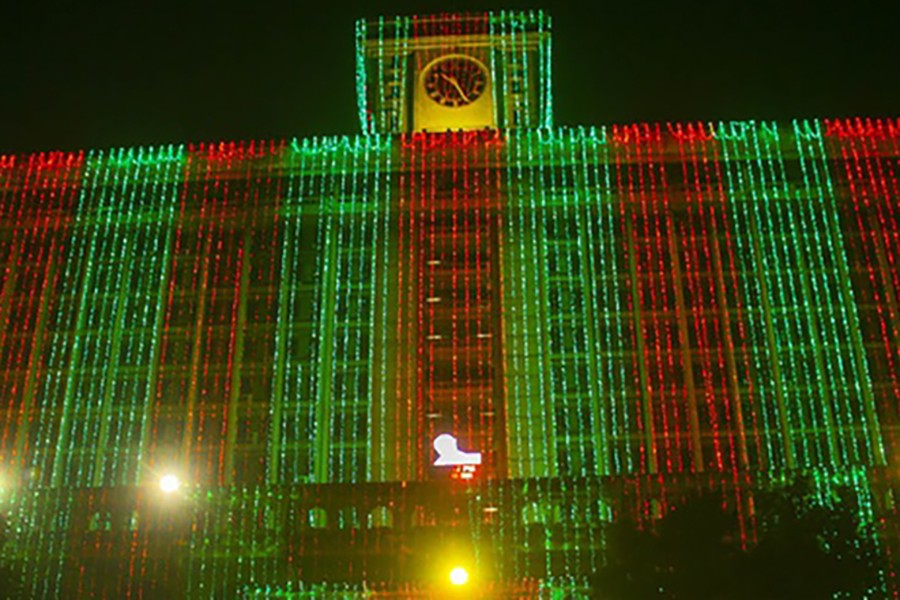The Awami League gave maximum priority to the power sector in its campaign manifesto before returning to power in 2009, and it was boasting full electricity coverage with the next polls scheduled for 2023. A gas shortage triggered by the Russia-Ukraine war has now forced it to revise its plan, bdnews24.com reports.
With lengthy power outages back, the situation has also jeopardised the government's plans to cut subsidies in the power and energy sector. It now faces a dilemma over how to tackle the crisis: by continuing with subsidies to avoid disruptions in industrial production or by reducing production?
Energy policy expert Professor M Tamim believes the government has only one alternative: raising power prices by 45 to 50 per cent to buy gas for electricity generation.
"We've actually crossed the limit of giving subsidies for high fuel prices to produce power. The government has spent a great deal on subsidies in the past four to five months, but hasn't raised the power tariff.
"I hope, as the government has decided to tackle the situation with load-shedding [rationing power through rolling power cuts], it won't raise the tariff. This will keep the pressure off the cost of living or inflation," said the former caretaker government adviser.
According to Tawfiq-e-Elahi Chowdhury, the prime minister's energy adviser, households in Bangladesh could be hamstrung by power outages until September amid the global energy crisis, a grim outlook that has forced officials to recommend measures like reducing work hours.
"Several new coal-fired power plants will come into operation in September. These can be relied on [for power] instead of expensive oil and gas-fired power plants," Chowdhury told reporters after a meeting with energy sector officials on Thursday.
In light of the surging costs of fuel, Prime Minister Sheikh Hasina has stressed the need to practise austerity in the consumption of power. Chowdhury believes that the impact of the power crunch can be minimised if the demand for electricity is limited to 12,000 megawatts.
"We'll still have a shortage of 500 MW. This can be tackled with rationing," he said.
Prof Tamim said cutting production would affect the industries and the government needs to tread carefully on that path.
Speaking to bdnews24.com, Nasrul said, "This situation won't last long." He pinned his hopes on the Rampal Power Plant and the second unit of Payra plant, both fired by coal and are expected to become operational within this year.


